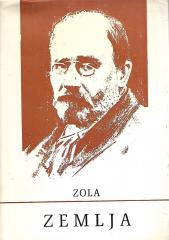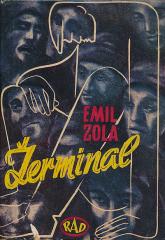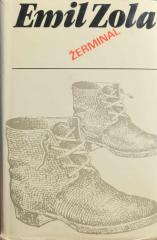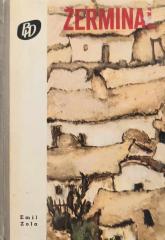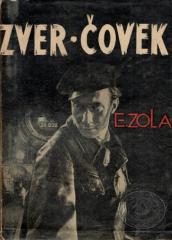Émile Zola
Émile Zola (1840–1902) was one of the most important French writers and the founder of naturalism in literature. He was born in Paris and spent his childhood in Aix-en-Provence. After the death of his father, the family fell into poverty, which strongly influenced his later work.
Zola began his career as a journalist and literary critic, and gained international fame with the extensive novel "Thérèse Raquin" (1867), with which he announced the naturalistic approach - the depiction of people as products of heredity and social conditions. The largest part of his work is the cycle "Rougon-Macquart" (1871–1893), consisting of 20 novels, in which he depicts French society during the Second Empire through the fates of one family. Among the most famous works of the cycle are "Germinal", "L'Etre", "Nana" and "Les Puppies".
Zola is also known for his political involvement, especially in the Dreyfus affair, when he defended the unjustly convicted Jewish officer Alfred Dreyfus with an open letter "I Accuse!" (J'Accuse!, 1898). In doing so, he demonstrated his commitment to truth, justice, and human rights, risking his own freedom and reputation.
Zola died in Paris in 1902, under suspicious circumstances – possibly from carbon monoxide poisoning. His work remains the foundation of French naturalism and a lasting inspiration for literature and social thought.
Titles in our offer
Zemlja
The Country is a social novel published in 1887, part of the "Rougon-Macquart" cycle, in which Zola depicts the brutal reality of life among French peasants.
Žerminal
In his best work, Germinal, Émile Zola realistically, in minute detail, described the inhuman living and working conditions of miners in northern France in the 1860s.
Žerminal
Emil Zola je u svom najboljem delu Žerminalu realistično opisao nehumane uslove života i rada rudara u severnoj Francuskoj 60-ih godina 19. veka.
Žerminal
Emil Zola je u svom najboljem delu Žerminalu realistično opisao nehumane uslove života i rada rudara u severnoj Francuskoj 60-ih godina 19. veka.
Zver-čovek
Roman istražuje destruktivne sile nasleđa, strasti i nasilja u modernom industrijskom društvu. Radnja se odvija uglavnom na železnici, simbolu brzine, sudbine i neizbežne propasti. „Čovek zver” je prvi opis kriminala u industrijskom svetu.
